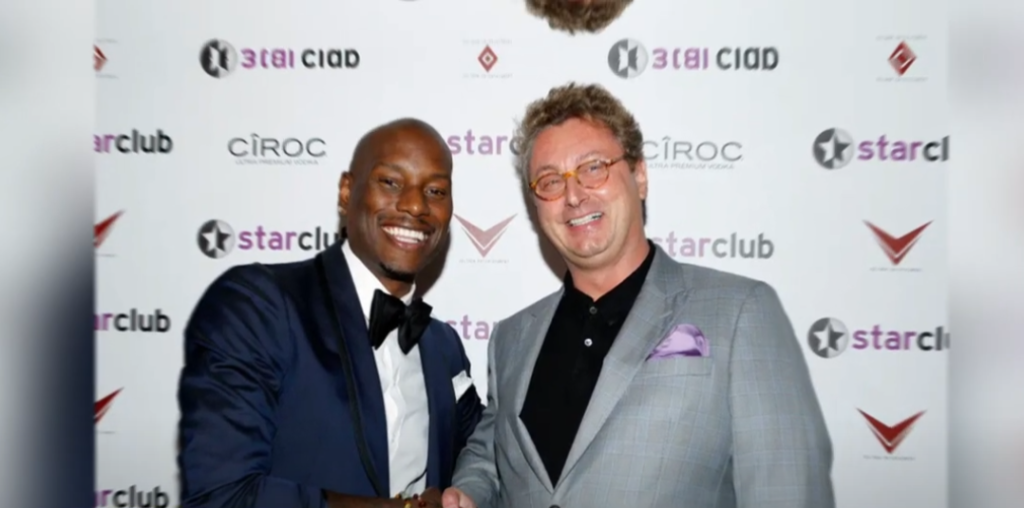Silicon Beach Startup Implosion: Tech Mogul Found Guilty in Massive Celebrity-Backed Fraud

Tech Entrepreneur's Empire of Deception Crumbles: CEO Convicted of Massive Fraud
In a dramatic courtroom conclusion, Bernhard Eugen Fritsch, a 63-year-old tech CEO from Malibu, has been found guilty of orchestrating an elaborate financial fraud that funded his extravagant lifestyle through a web of false promises and deceitful business practices.
Fritsch, once a prominent figure in the tech industry, systematically misled investors and stakeholders with grandiose claims about his company's potential and fabricated financial projections. His elaborate scheme allowed him to maintain a luxurious lifestyle in one of California's most exclusive coastal communities while leaving a trail of financial devastation in his wake.
The conviction marks the culmination of a years-long investigation that exposed how Fritsch manipulated financial records, created fictitious business opportunities, and exploited the trust of numerous investors who believed in his vision.
Prosecutors presented compelling evidence demonstrating how Fritsch used investor funds for personal expenses, including multiple high-end properties, luxury vehicles, and lavish entertainment, rather than investing in legitimate business development.
The tech community and legal experts are viewing this case as a significant warning about the dangers of unchecked corporate fraud and the importance of due diligence in startup investments.
Sentencing is scheduled for next month, with legal analysts anticipating substantial financial penalties and potential prison time for the disgraced tech executive.
